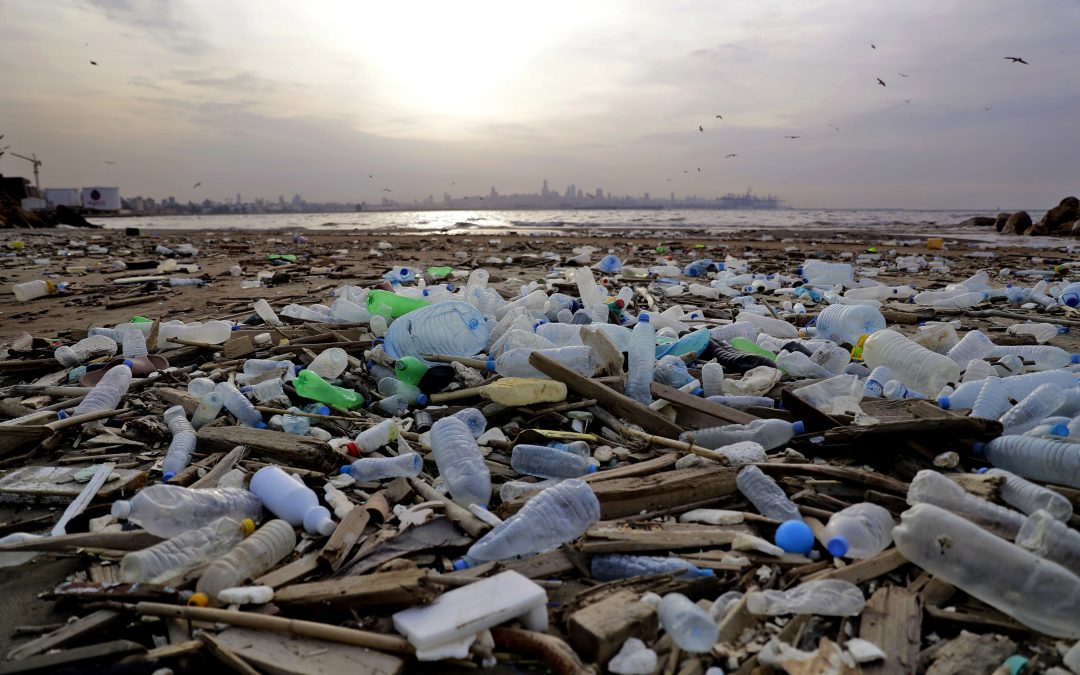Water pollution is a growing concern in Lebanon, as it has severe implications for the environment, human health, and economic development. The country’s long history of civil war, political instability, and poor governance has contributed to a significant increase in water pollution levels over the years. In this article, we will discuss the causes of water pollution in Lebanon and how it affects the country.
Industrial Waste
Industrial waste is a significant contributor to water pollution in Lebanon. The country’s industries, such as chemical and fertilizer production, generate large amounts of hazardous waste that is often improperly disposed of, leading to contamination of the water supply. These industrial wastes contain a wide range of harmful chemicals, including heavy metals, organic compounds, and pesticides, which can have devastating effects on human health and the environment.
Sewage and Wastewater
Sewage and wastewater are another major cause of water pollution in Lebanon. The country’s outdated and inadequate sewage systems, coupled with a lack of proper treatment facilities, mean that much of the wastewater ends up in rivers and streams. This wastewater is often untreated or partially treated, leading to the release of pathogens, chemicals, and other contaminants into the water supply.
Agricultural Runoff
Agricultural runoff is another significant contributor to water pollution in Lebanon. The country’s farmers use a range of fertilizers, pesticides, and herbicides to boost crop yields, which can end up in the water supply through runoff. These chemicals can lead to eutrophication, where an excessive amount of nutrients in the water leads to the growth of harmful algae, which can harm aquatic life and humans who consume the contaminated water.
Oil Spills and Marine Traffic
Lebanon’s coastal areas are heavily impacted by oil spills and marine traffic, leading to water pollution. Oil spills from tankers, pipelines, and storage facilities can contaminate water and harm marine life. Additionally, the increase in marine traffic in the country’s waters can lead to an increase in marine debris, which can harm aquatic life and ecosystems.
Conclusion
In conclusion, water pollution in Lebanon is a multifaceted issue that affects human health, the environment, and the country’s economy. The causes of water pollution include industrial waste, sewage and wastewater, agricultural runoff, and oil spills and marine traffic. Addressing these issues requires a concerted effort by the government, industries, and individuals to reduce pollution levels and protect the country’s water supply. By taking action to reduce pollution levels, Lebanon can improve the health of its citizens, protect its environment, and promote sustainable economic development.

